We Race For Change
WHY WE GO RACING?
Over the decades, we are proud to have globally demonstrated the performance of our racing tyres. Today, however, the nature of motorsport has changed.
The colossal challenge we face is to develop All Sustainable mass-market tyres whose design and production have a limited impact on the Earth's resources, biodiversity and CO₂ emissions, without detracting from the performance that has made the MICHELIN brand a success.
More than ever, motor racing serves as an invaluable accelerator of technological innovation. The extreme conditions that are inherent in motorsport provide us with an opportunity to innovate, experiment in record time, learn, create new solutions and accelerate the development of sustainable solutions that are of benefit to everyone.
WE RACE FOR CHANGE, TO IMPROVE THE WAY WE ALL MOVE
We go racing in order to provide our partners with performance that lasts from the start of the race to the finish. Our commitment to you is to deliver a safe driving experience that lasts from the first mile to the last thanks to tyres that can be trusted all the way down to the legal wear limit.(1)
We go racing to find answers, simulate, learn from data science and surpass ourselves. Our use of simulation engineering in motorsport is in the process of being extended to tyre production, resulting in significant savings in resources and CO₂ emissions.
LE MANS: OUR FAVORITE ARENA FOR INNOVATION FOR 100 YEARS
The Le Mans 24 Hours - which takes place on roads normally open to everyday traffic - submits our tyres to exceptional challenges, from the track's uneven surface, to sudden weather and temperature changes. Yet our tyres must deliver flawless, perfectly-balanced performance, as well as safety, grip and versatility from the start of the race until the finish line!
Innovations that have changed mobility:
Demountable tyre
1923: The winner of the inaugural Le Mans 24 Hours was a Chenard & Walcker fitted with MICHELIN tyres. It completed the race at an average speed of 57mph. Removable tyres revolutionised mobility by combining resilience, long life, comfort and user-friendliness.
Radial tyre
1951: Patented in 1946 and marketed from 1949, MICHELIN X tyres featured a revolutionary radial carcass incorporating metal belts for long-lasting safety, comfort and fuel economy. A Lancia B20 GT won its class on radial tyres at the 1951 Le Mans 24 Hours.
Slick tyre
1967: Michelin was the first to race slick tyres at Le Mans. Their entirely smooth, pattern-free tread provided superior grip in dry conditions. Slicks made an immediate impact, with the Alpine A210 completing a lap in under four minutes for the first time in its class before going on to win the P1.6 classification.
High performance tyre
1978: The Renault-Alpine A442B's victory at Le Mans in 1978 equipped with high-performance MICHELIN radial tyres underlined the technology's extraordinary value. The result was followed by success in Formula 1, providing additional evidence of the superiority of radial tyres and contributing to the technology becoming the industry norm worldwide.
1923 - 2023: Repeated innovations in favour of long-lasting performance




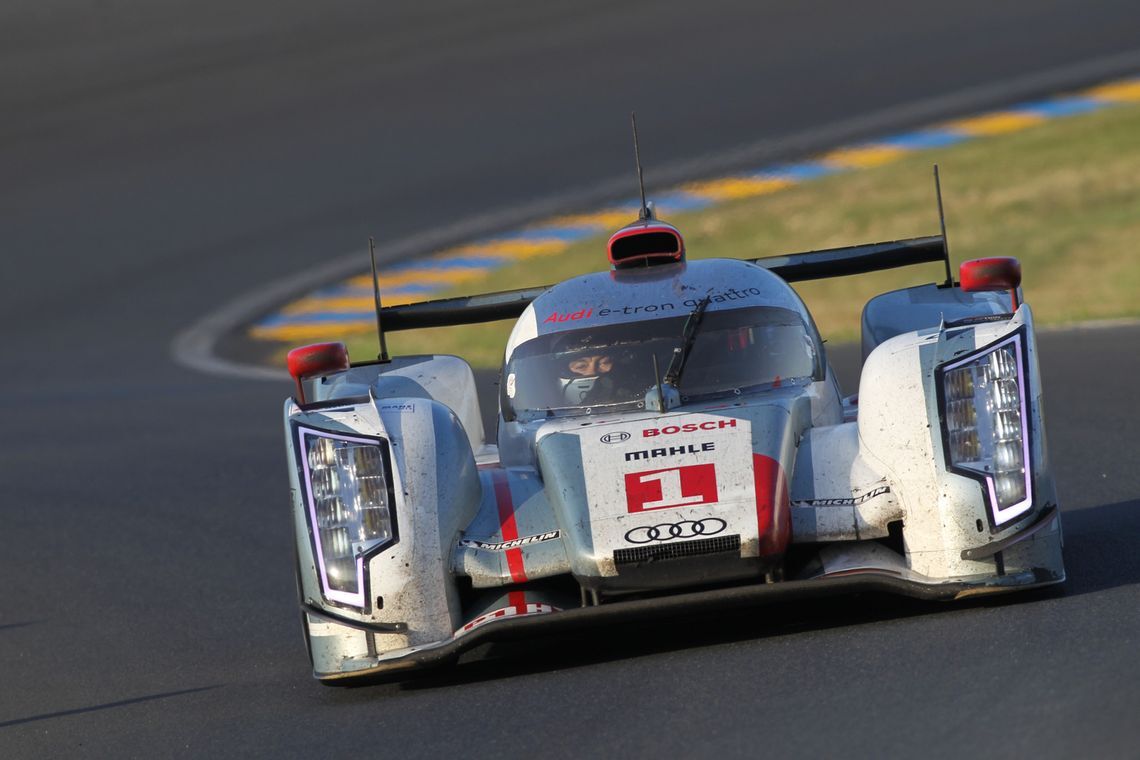
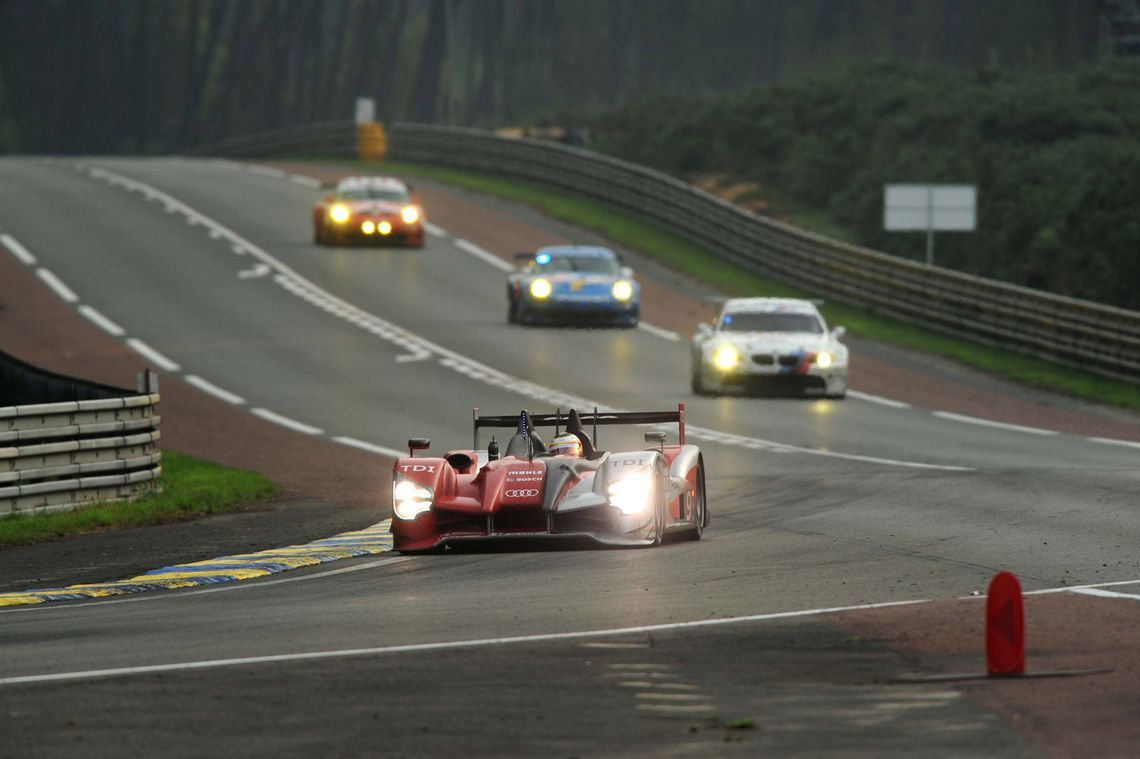
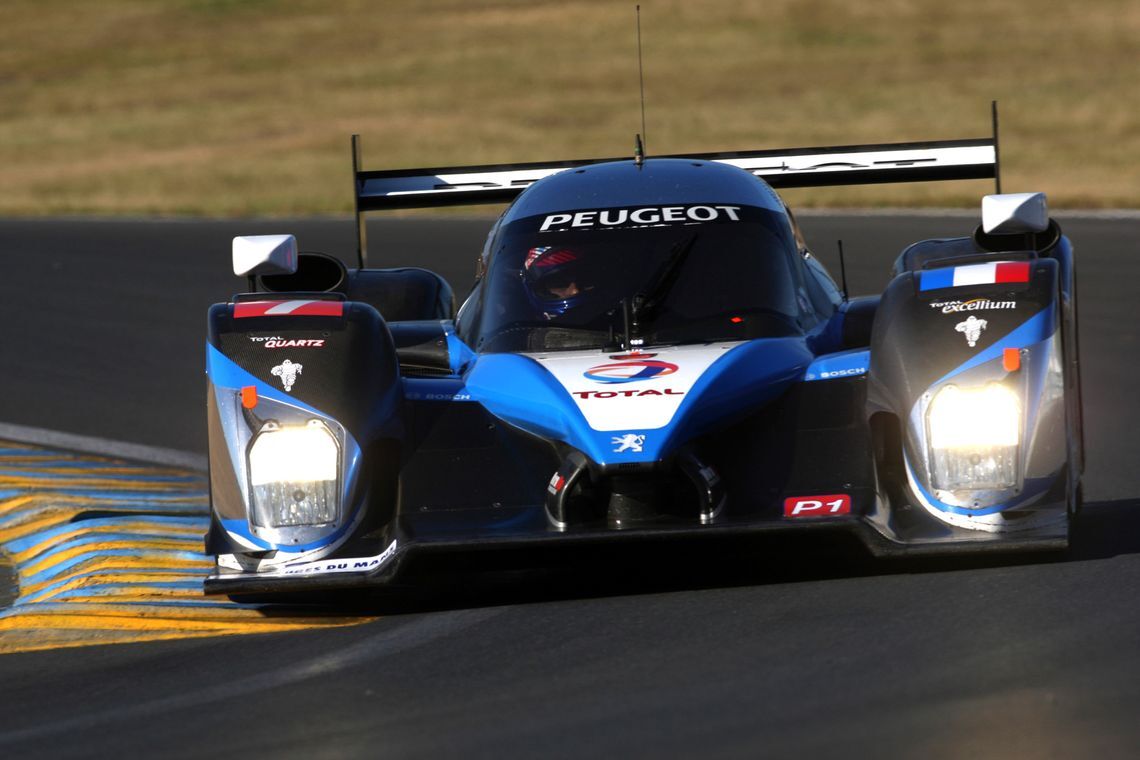
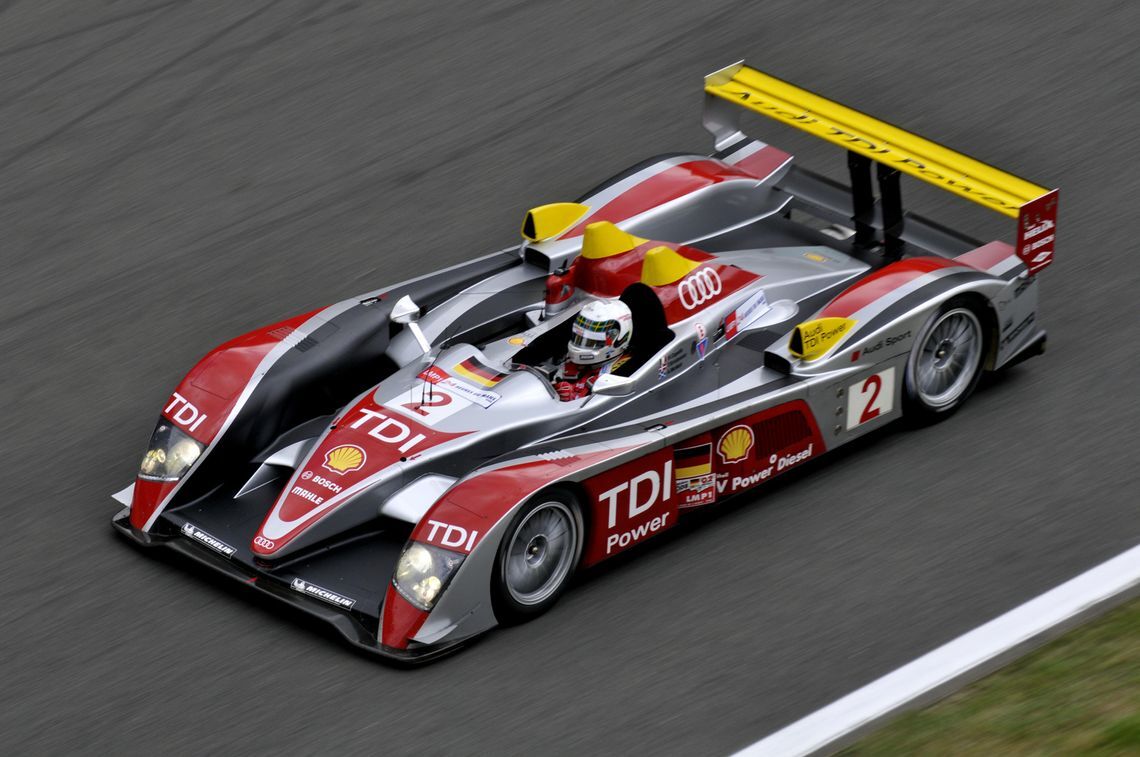








Technological developments like the progress made in power-plant technology, from petrol and diesel engines to hybrid power units, the introduction of disc brakes and increasingly sophisticated aerodynamics all posed fresh challenges for tyres. They needed to adapt to bigger constraints, including higher power outputs, loads and torque, while at the same time providing superior efficiency. Michelin’s winning record at Le Mans has matched the incredible revolution the race has seen in terms of performance. In the last 10 years alone, it has helped the headlining LMP1 prototypes to complete up to 466 miles on a single set of tyres at an average speed of 149mph. That’s equivalent to the more than the distance covered by two Formula 1 grands prix!
Le Mans 2023: we continue to innovate for a sustainable future
The centenary Le Mans 24 Hours will be no exception with regard to Michelin innovations:
The latest MICHELIN Pilot Sport Endurance Slicks and Wets conceived for today's exciting Hypercar prototypes were designed entirely virtually using simulator technology. The process has now been extended to the development of mass-market tyres, resulting in significant resource and CO₂ emissions savings.
This year, we will be unveiling a racing tyre that contains 63% sustainable materials (bio-based renewable or recycled materials) for GreenGT's hydrogen prototype and the all-electric Porsche GT4 ePerformance. This achievement was made possible thanks to our knowledge of sustainable materials in the context of tyres, with no detriment to either their performance or overall environmental impact.
OUR TYRES ARE DESIGNED TO WIN
We are the tyre manufacturer with the most victories in the Major FIA and FIM World championships over the last 50 years(2).
MICHELIN, OFFICIAL MOTOGP™ CLASS TYRE
OUR PARTNERS TRUST US



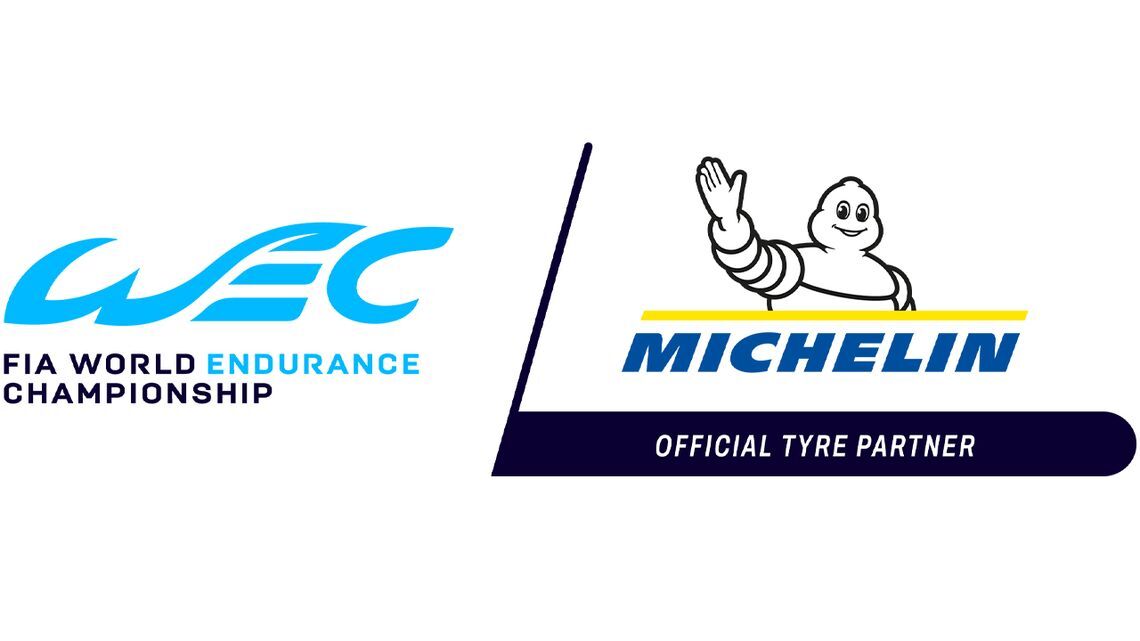







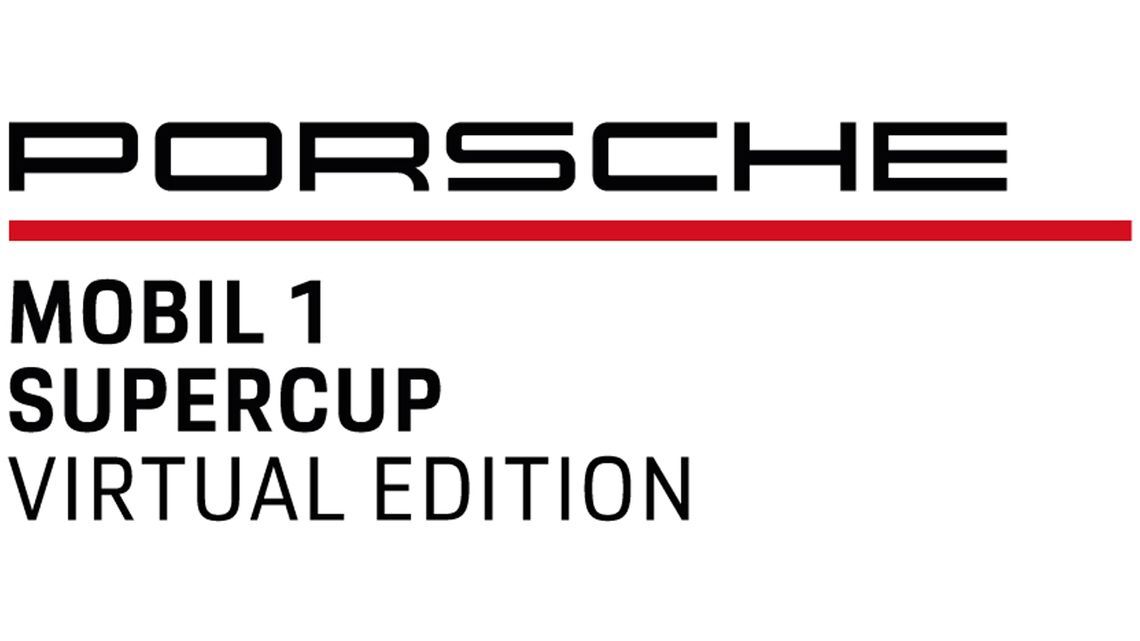
TRUST OUR TYRES ON TRACK OR ON ROAD
MICHELIN Motorsport range
Tyres for circuit, rally, hillclimbing, classic racing, off-road & circuit moto
MICHELIN car tyre range
Tyres for cars, SUVs & vans
MICHELIN motorbike tyre range
Tyres for motorbike & scooters
LEARN MORE ABOUT WHY MICHELIN:
Trust MICHELIN for a better life in motion
Our tyres are trusted by the most demanding - consumers, manufacturers, motorsports players and key opinion leaders ask for our products.
Taking action to reduce environmental impact
We lead the way towards mobility with reduced environmental impact(3) and innovate by investing in, around and beyond tyres.
Leading the way in electric mobility
We are at the forefront of electric mobility. Our engineers work closely with car, scooter & bike manufacturers to design tyres with performance that matter to electric vehicles owners.
Follow the latest news on MICHELIN Motorsport
Stay tuned! Read our latest MICHELIN Motorsport news
Be the first to get news and updates about MICHELIN!
Sign up to receive the People in Motion newsletter by completing the form and receive
exclusive offers and incredible competitions with the best in premium experiences and amazing locations to discover.
Follow us for more Motorsport content
(1) Last mile/kilometer being understood as until the minimum legal tread depth (1.6 mm in Europe). Please refer to the minimum legal tread depth in your country. More information can be found at https://www.michelin.co.uk/performance-made-to-last
(2) Michelin considers sustainable materials to be either recycled materials or bio-sourced materials renewable on the timescale of a human life, and which do not compete with the food sector. Michelin does not consider natural materials which are non-renewable on the timescale of a human life to be sustainable - such as oil. As such, some materials, although of natural mineral origin, such as silica, are not taken into account in the Michelin definition of a “sustainable material”. Recycled materials are the raw materials generated by any recycling operation by which industrial or post-consumption waste is reprocessed into products, materials, or substances. Energy reuse and the reprocessing of materials for use as energy are excluded. (Based on the definition of the European Directive for Waste).
(3) For more information https://www.michelin.com/en/sustainable-development-mobility/working-towards-sustainable-mobility/
Copywrights: MICHELIN, F. LE FLOCH / DPPI, F. FLAMAND / DPPI, F. GOODEN, T. GROMIK, C. MARIN, C. SAULNIER / DPPI, DPPI /MICHELIN, L’Equipe/Presse Sports, SIPA / MICHELIN




